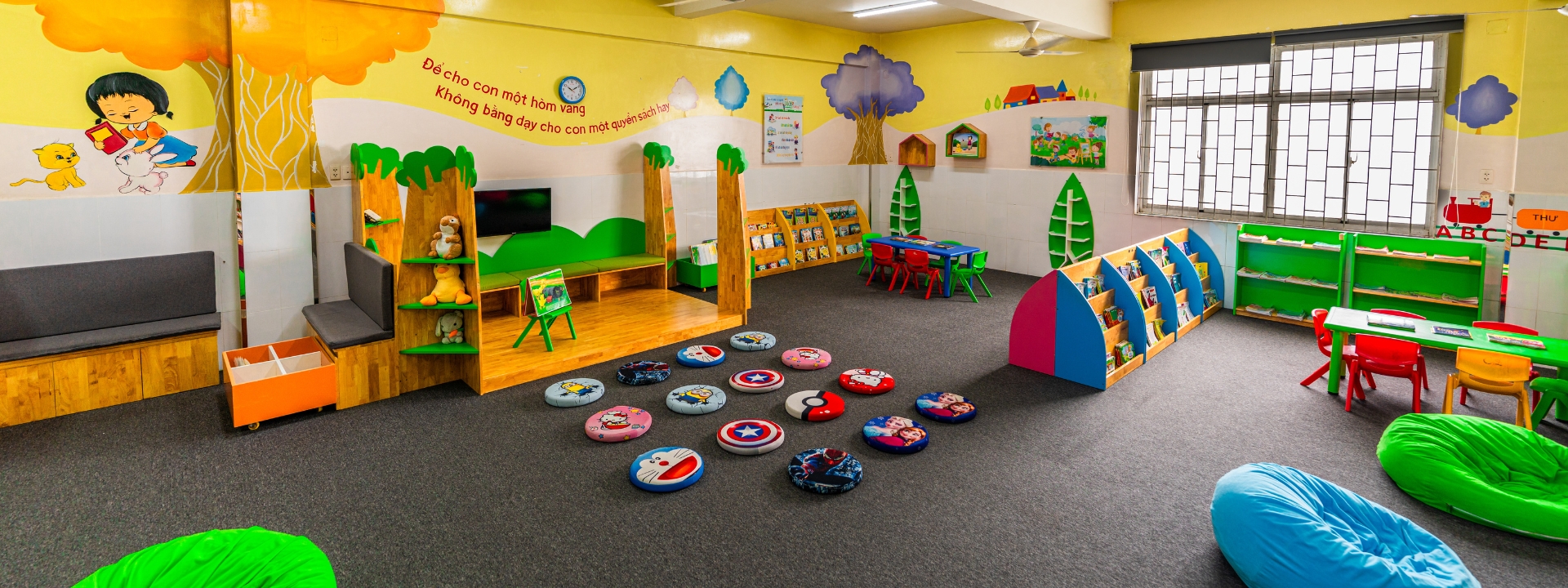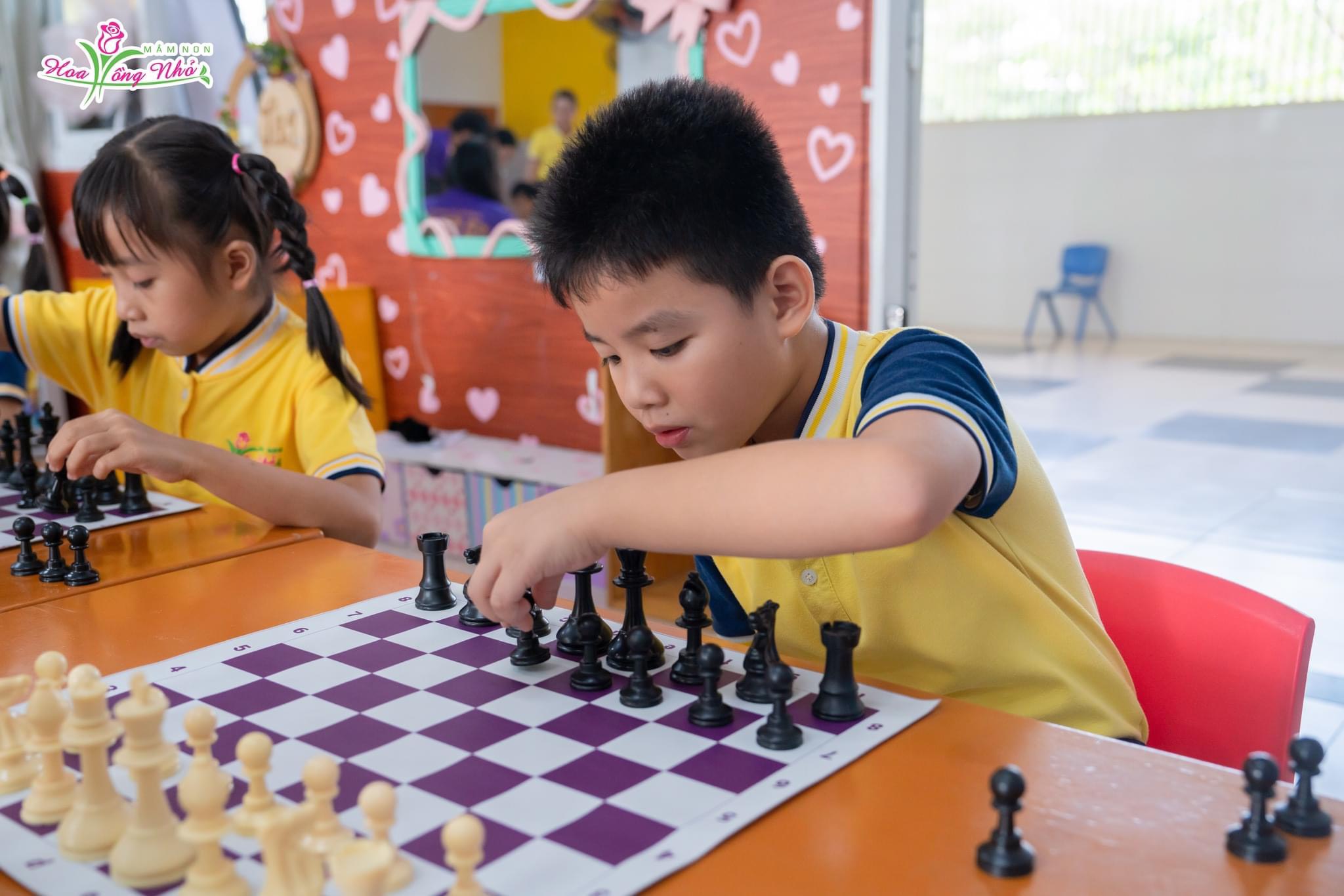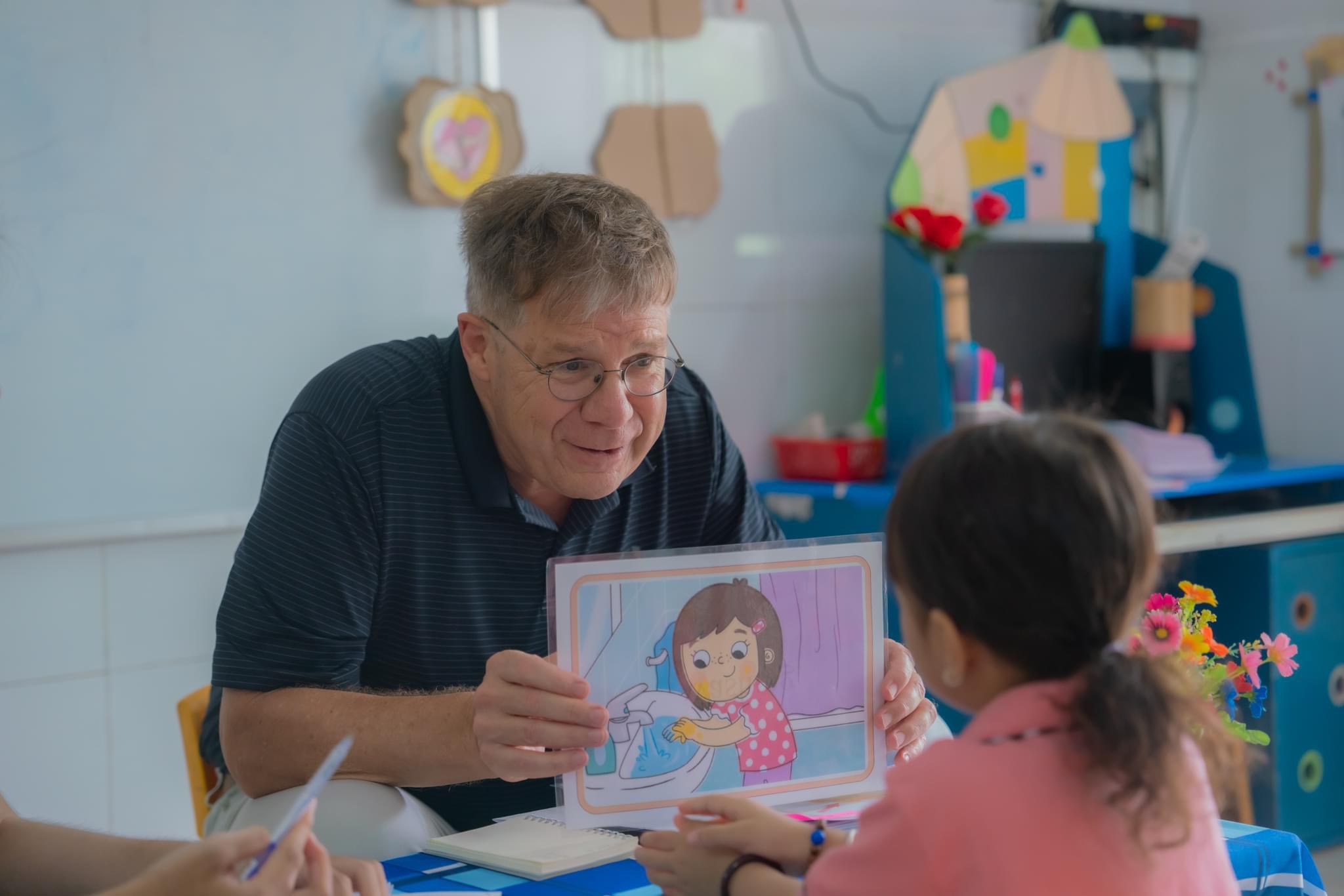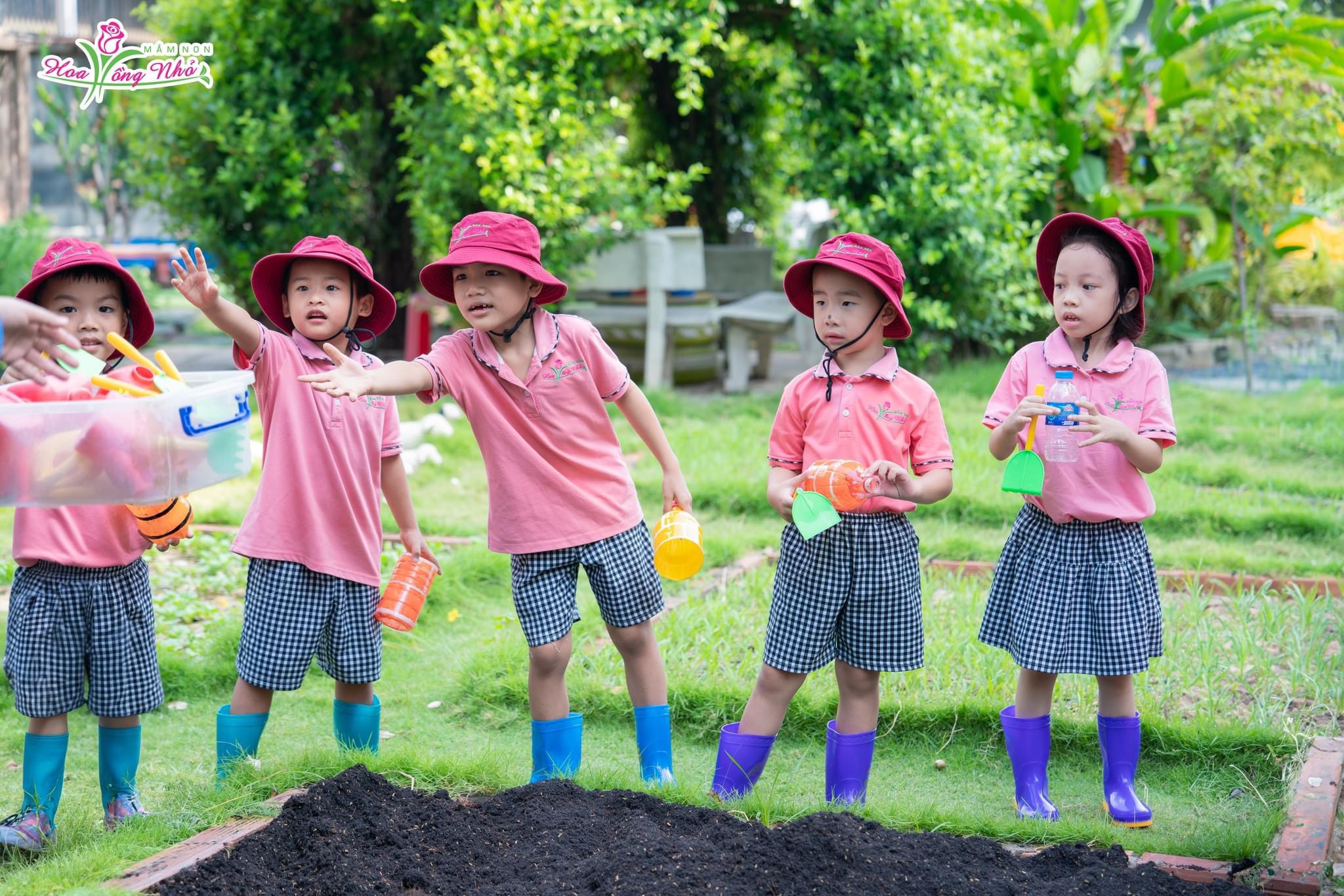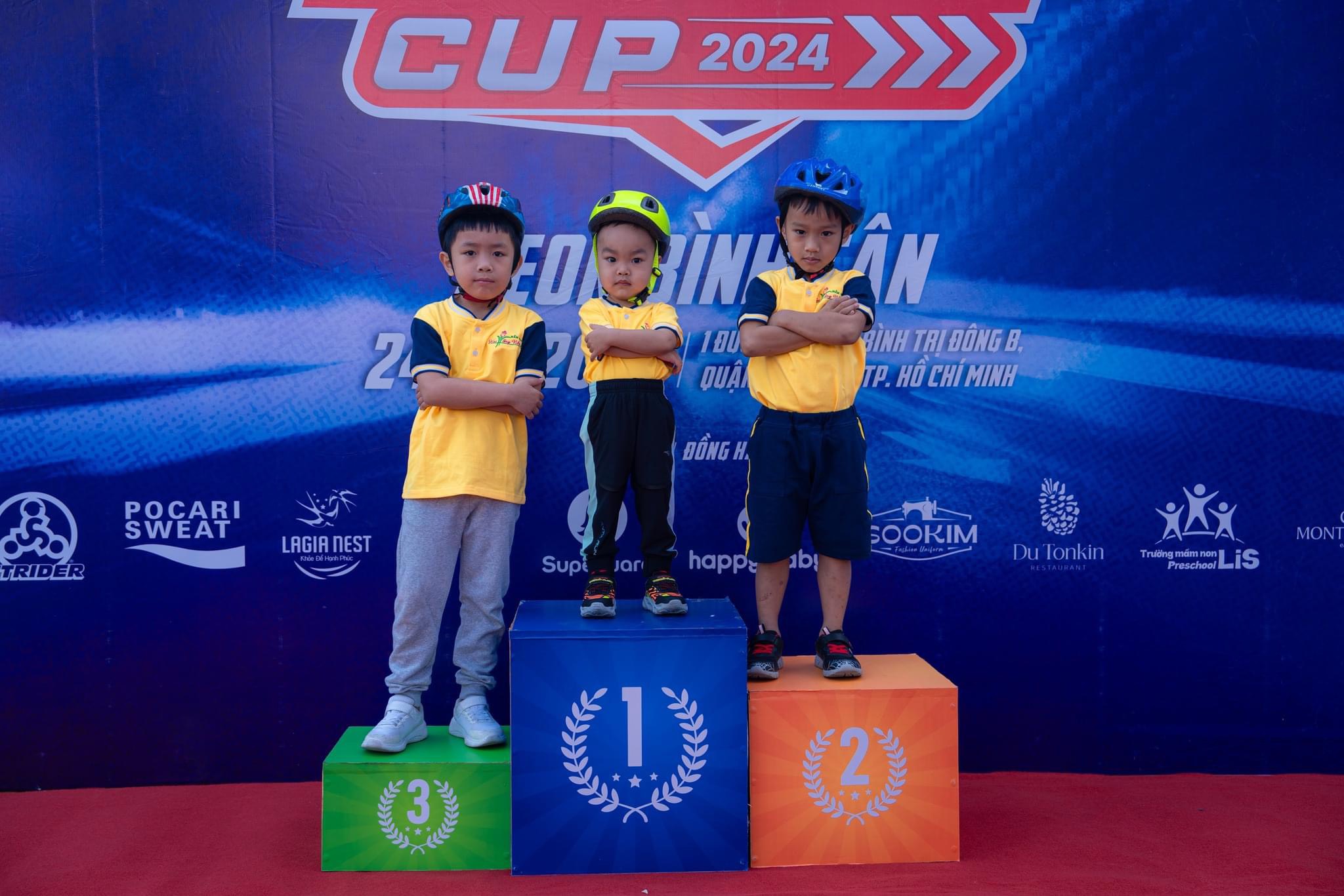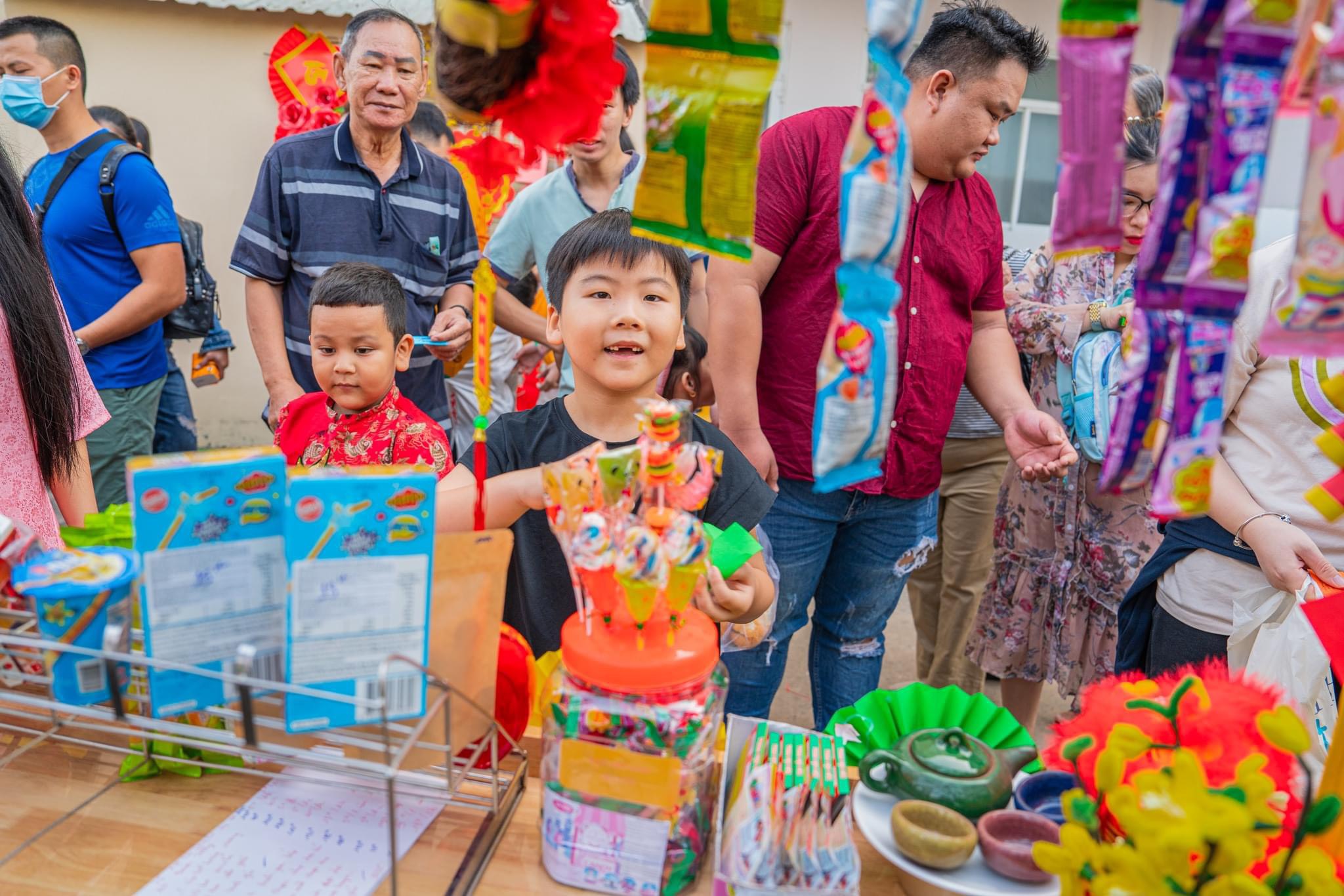What Are Social Skills? 9 Essential Social Skills for Preschool Children
Is social skills education for preschool children really necessary for their future knowledge and career development? Social skills will include skills of communication, cooperation, sharing, conflict resolution and listening, etc. So when is the right time for parents to invest in this group of social skills for their children? To answer these questions, parents are invited to follow the article below.
What are social skills?
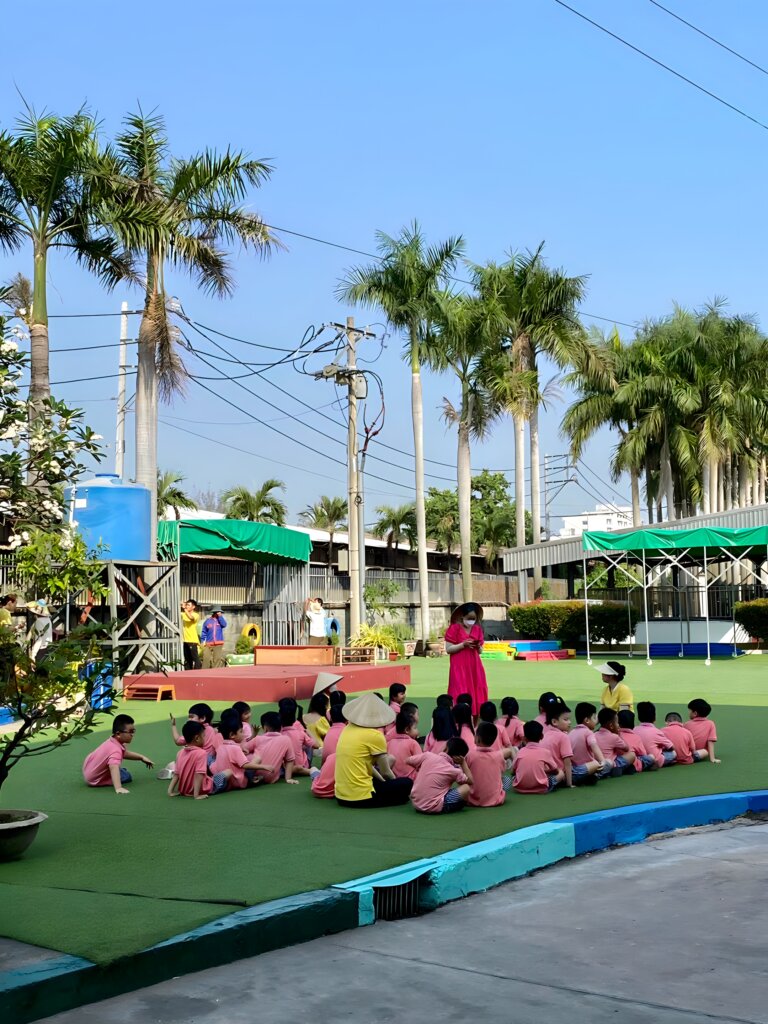
Social skills are a group of necessary skills that help children interact and communicate effectively with people around them. Through communication and social interaction situations, preschool children will develop comprehensively if they are educated and trained effectively from an early age. Besides basic skills such as communication skills, cooperation, etc., children also need to develop other skills such as cooperation, public speaking, problem solving, etc., especially self-help skills. believe in yourself.
In addition, parents can learn more about teaching life skills for 3-year-old children to live independently from a young age.
Why is it necessary to develop social skills for preschool children?
Developing social skills is very important for preschoolers. Because it helps children develop confidence, independent personality, interact well with others and have the ability to handle and solve problems when faced with difficulties.
Below are some answers to the question of why parents should let their children practice social skills along with studying: Social interaction is an important part of life. Children learn how to interact with others, avoid conflict, and know how to resolve conflicts peacefully.
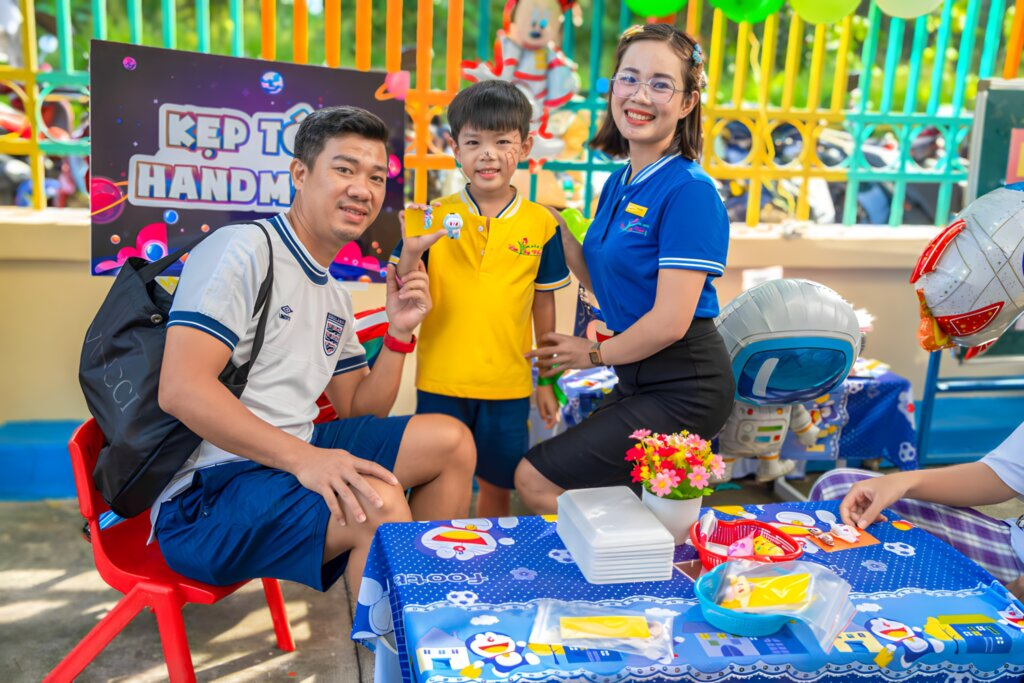
Developing social skills will help children’s ability to integrate into the surrounding environment more quickly. Helps children feel more comfortable and confident when communicating with adults, teachers and peers.
Social skills will help children learn how to respect others and learn how to share and contribute to the community. Help children form a team spirit and love for others.
When children have good social skills, it will be easier for them to learn and develop more logical thinking ability. Social skills also help children learn how to focus, listen and interact with others.
Finally, developing social skills early will help children be better able to solve problems in the future. This skill helps children learn how to make good decisions and be able to work effectively in groups.
Top 9 social skills preschool children need to practice
1. Cooperative social skills
Social cooperation skills are one of the important skills that preschool children need to be trained and developed by their parents. Not only is it useful support during the learning process, but after adulthood, the ability to cooperate with other members will also be of great help in the child’s working process.
This skill will help children learn how to work and play together, learn from each other and form a spirit of solidarity within the group. When equipped with good cooperation skills, children will more easily adapt and integrate into the social environment, and develop better both in terms of social and intellectual skills. In addition to children’s self-learning and training, family members and teachers also need to create conditions for children to play and study in a safe, healthy and friendly environment. Guide children how to share and help friends, create group play activities and carry out group activities with a high sense of community.
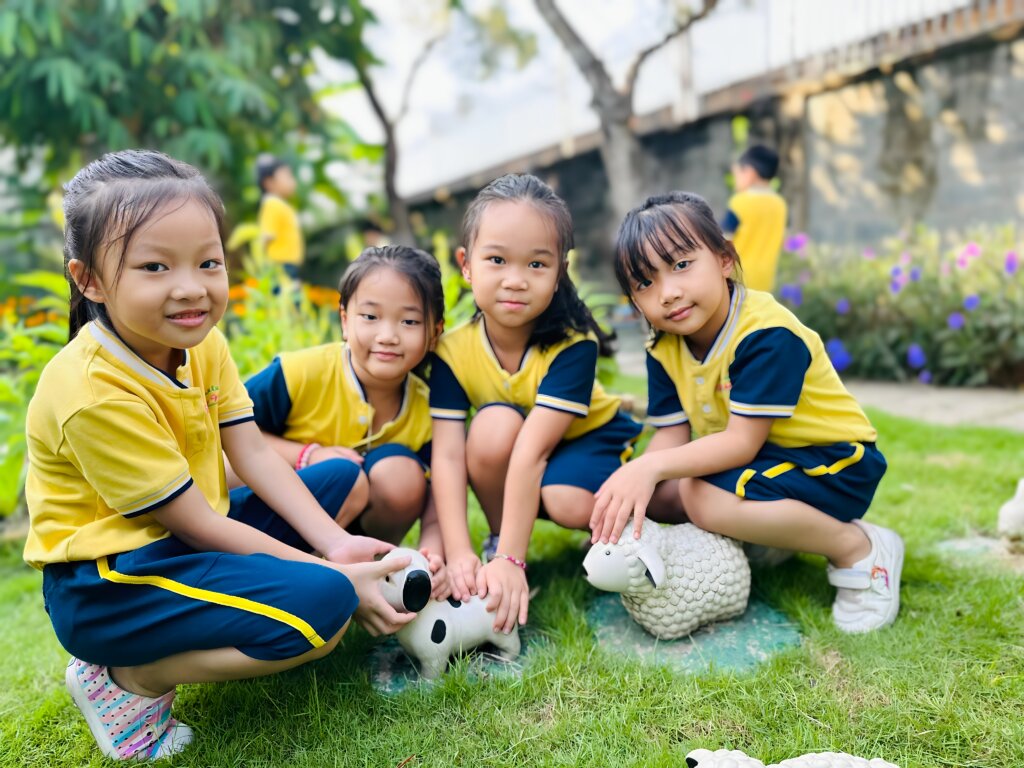
2. Social listening skills
Social listening skills are one of the important skills that help preschool children understand and respect the opinions of others, and also help children learn how to resolve conflicts effectively. Parents can guide children how to listen by reminding them to stay focused and pay attention to the speaker and their interactions. Parents should also regularly ask questions and listen to encourage children to express their thoughts and feelings. This will help children feel cared for and respected.
3. Sharing skills
Sharing helps children practice social interaction skills, build good relationships with friends and adults and become a useful member of the community. Not only does it help children develop confidence, compassion, gratitude and responsibility, but they also know how to help others, feel happy and satisfied with themselves.
To develop sharing skills for preschool children, parents and teachers can create conditions for children to participate in group activities, play with friends and guide children to share toys, food and drinks. your time with friends. In addition, teachers and parents should also create opportunities for children to participate in charity activities and help difficult situations, helping children better understand the value of sharing and being more active in sharing. implementation.
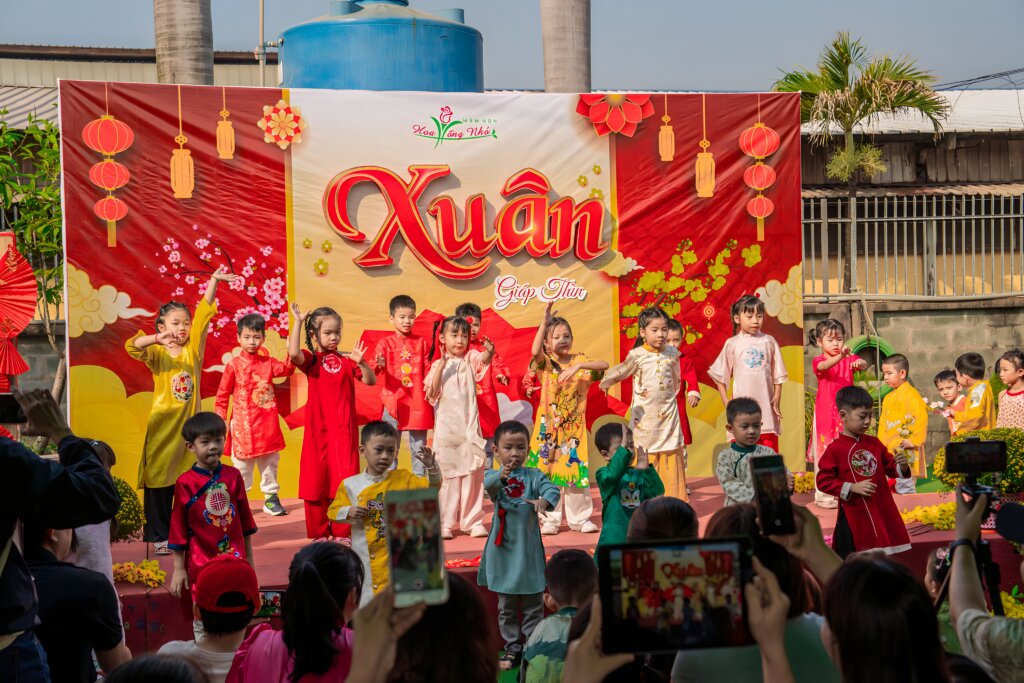
One of the important things that preschool children need to practice is the skill of respecting the personal space of others. This helps children understand and respect the private space of people around them, learn how to treat people and create a different, comfortable and harmonious living and learning environment. When children know how to respect their own personal space and that of others, they will also form better relationships, increase empathy and help them develop more comprehensively.
5. Eye contact skills
Besides using words to express their thoughts and opinions, children can also use eyes to supplement and increase the effectiveness of communication. That helps children show confidence, respect, and attract the attention of participants. Eye contact skills are really useful and overcome the disadvantages of limited speech, helping children speak in public fluently and flexibly.
6. Be polite, polite, say thank you and apologize
By knowing how to say thank you and sorry, children will also form good habits in communicating with others. Children will know how to behave politely and politely and form thoughts and feelings of responsibility in social relationships. Children will make a good impression and receive love and sympathy from everyone around them.
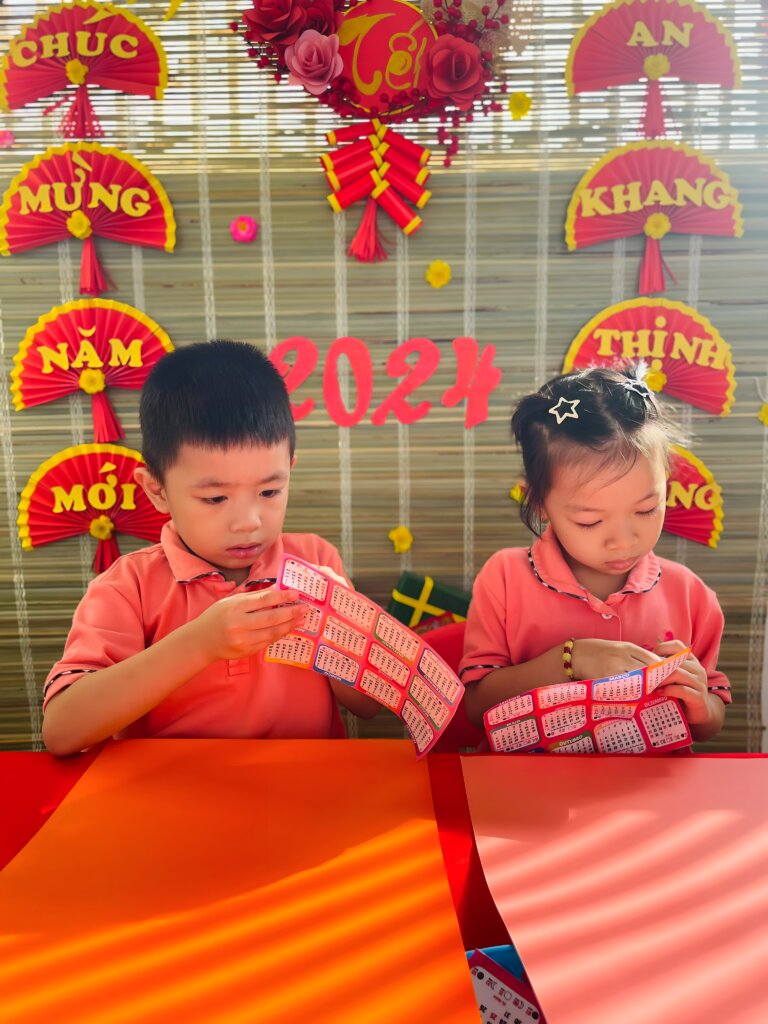
7. Be obedient to adults
Children need to obey adults. When children obey adults, they will learn how to respect and comply with the rules and instructions from everyone around them. At the same time, children will also feel safe and confident when adults take care of them, advise them and help them. In addition, children also need to be encouraged to develop self-control and independent thinking to be able to criticize and express their opinions politely and respectfully.
8. Self-protection skills
When children are able to protect themselves, they will be more confident and safer when faced with difficult or dangerous situations. These skills include recognizing and avoiding dangerous situations, knowing how to ask for help from adults, and knowing how to express and protect personal rights politely and effectively. Parents should guide children on how to handle awkward situations, such as harassment, violence, or being approached by strangers. Parents need to teach children how to protect themselves, such as saying “no” when encountering something that is not right, or asking for help from adults.
